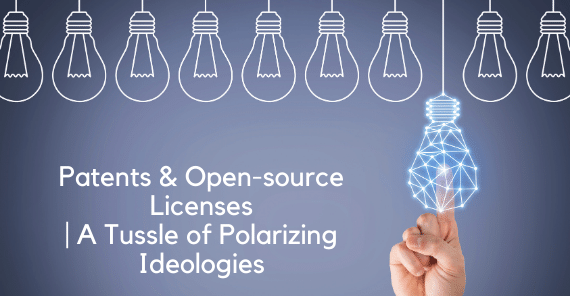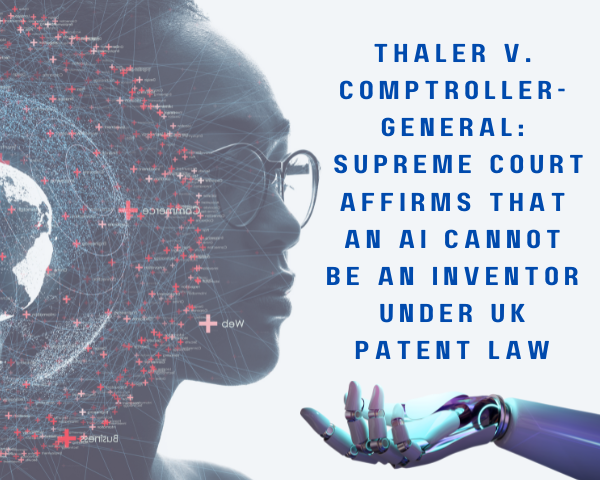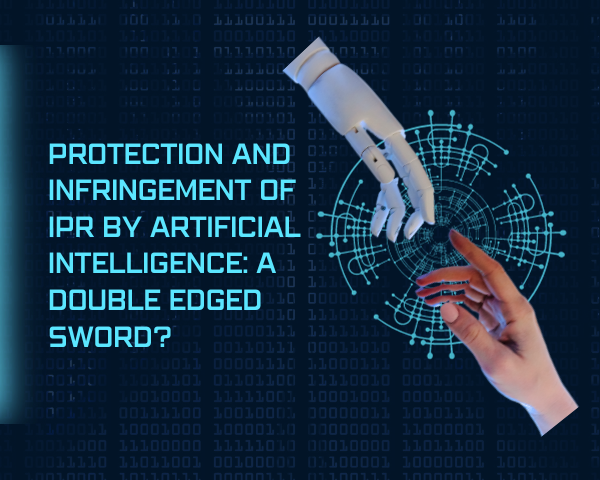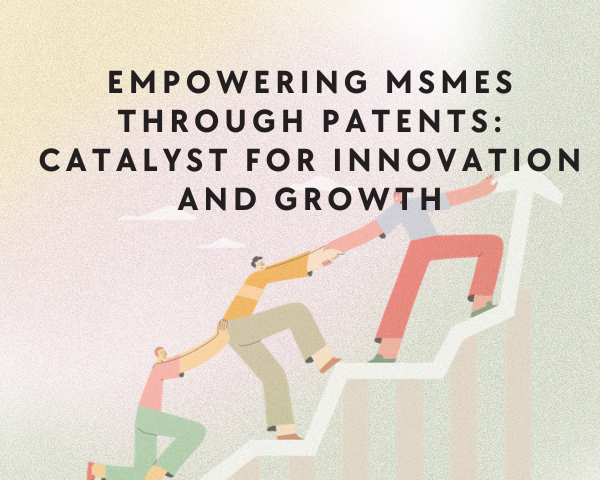Innovation is at the heart of any modern-day economy’s development. The growth of information technology has led to the development of computer software-based innovations. Without a doubt, the best possible way for an inventor to protect such an invention from commercial exploitation by others is through enforcing his intellectual property rights. These exist in the form of patents and copyrights. However, the concept of open-source software seems to intrinsically be in contravention to the exclusive protection granted under patent law.
Patent law stems from the need to protect an innovator from unwarranted manufacture, sale, or use of his invention from others. It is, thus, a right of exclusion granted to the patent holder. On the other hand, open-source is a term referring to the free access to information relating to software, which can also be modified and redistributed by others.
Defining Open-Source
Software is run by source code, which is the programming language due to which a particular computer programme is able to run successfully. Open-source software includes the distribution of the source code of the computer software for the use, modification, or distribution of the software by anyone for any purpose. Open-source software is distributed through a system of licenses which states that the creator of the software licenses his copyright to others for its use, modification, and distribution.
A license enables a person to use, modify, or even sell the product as a licensee. The rights and obligations which come with obtaining a license are stated within the license itself. For example, most software licenses do not allow a person to reverse-engineer the product or even sell the product if they are not authorized by the licensor to do so. However, open-source licenses are different in that they allow a licensee to use, modify, or sell the software without the obtained consent of the licensor. Yet, without a license, a person does not have any rights over the software. This is true whether the software is granted through open-source licensing or not.
There are many popular open-source licenses, but some of the most popular ones are the GNU Public License (GPL), Apache License 2.0, Mozilla Public License 2.0, MIT License, etc. All of these licenses require the licensees to abide by certain rules if they want to continue their use of the software available on open-source. For example, the GPL requires that any software that is a derivative work of software distributed through GPL must also be distributed through GPL.
The Patentability of Open-Source
It is easy to misunderstand that open-source software cannot be granted patents due to the opposite nature of open-source and patents. If the software is patented, not only is its source code protected as with copyright, the entire software’s functionality is protected. Thus, it would be in the best interests of a software developer to patent his novel invention to protect it from being stolen by others and passed off as their own work. As such, it would make little sense for a developer to provide open-access to his software through an open-source method of distribution.
However, open-source licenses do not bar an inventor from obtaining patent protection on software distributed through open-source. A patented software can also be distributed through open-source. However, while patents serve to perform in the exclusion of non-patent holders, most modern open-source licenses require that if a person wishes to distribute his patented software through the medium, it must be for the free use of all using the particular open-source license and not otherwise.
Open-source licenses also have clauses stating the patentability of software distributed through them. The GPLv3, which is the latest version of the GPL license, states that if any licensee tries to enforce a patent suit against others to exercise rights over a software distributed through the GPL, then the license of such initiator of a suit would be terminated. Similarly, the Apache license, another most popular open-source license, states that if any user institutes a patent suit against any other alleging infringement of any patent, then any patent licenses granted to the user under the Apache license would be terminated.
For example, Facebook uses the BSD open-source license to distribute its software, some of which have features that are registered patents.[1] Any person using the open-source software is free to use, distribute, or modify Facebook’s software under a license. However, no person can initiate a suit for infringement of patent against Facebook for the software Facebook has provided, and should he do so, his license over the open-sourced software would be revoked.
There are a few reasons why one would want to patent an open-sourced software. These are:
1. To assert patent rights against those who violate the terms of the open-source license.
2. To use as a shield against the actions of infringers who are using the software, not through the open-source license through which the patent holder has distributed the software.
3. To distribute a version of the software not through the open-source license for earning revenue.
4. To use as a defense against someone else patenting the functionality of the software.
There are few judicial pronouncements on the patentability of open-source software as most disputes are settled outside of court. XimpleWare, Inc. v. Versata Software, Inc[2] serves to be one of them. In this case, the court had to examine whether the GNU Public License’s version 2 also included a patent license, as the same had not been stated explicitly. The case arose from an earlier patent infringement dispute by two parties against the plaintiff, XimpleWare’s software. Holding that the internal distribution of the software is not enough to breach the GPL, Versata Software was not found guilty of infringement. However, the second respondent, Ameriprise, was found guilty of a breach as it distributed the software outside of Ameriprise to non-employees of Ameriprise. The court is quoted as stating, “the kind of source code distribution alleged here can establish a breach of the GPL sufficient to render the use of code unlicensed”.
In India, the Indian Patents Act, 1970 governs the patentability of inventions. Until 2002, the Patents Act had a provision for licensing of patents. Section 68 governs the system of licensing of patents, which requires that there must be an agreement present in writing for a patent license to be valid. Considering the dearth of software patent cases in India, it comes as no surprise when there are no cases on the patentability of open-source software in India. However, one should remember that modern open-source licenses are strong enough to deal with cases of patent infringement on their own, thus reducing the need for courts to intervene.
Conclusion
Judicial decisions on the patentability of open-source software are lacking. However, it is implied in all open-source licenses that if a patented software is distributed through such a license, it would be free for all license holders to use, modify, and redistribute the software. Apart from the sharing of the software code, such use of software, patented or not, is one of the prerequisites of an open-source license. While patents and open-source can seem to be at two odd ends of the spectrum, the system of open-source licenses bridge a gap between the two concepts and even serve to be sufficient enough to resolve most disputes between the two conflicting ideologies.
[1] Jani Tarvainen, Patents in Open Source licenses and the Facebook patent clause, Symfony (July 18, 2016), https://symfony.fi/entry/patents-in-open-source-licenses-apache-bsd-gpl-mit-and-the-facebook-patent-clause.
[2] 2014 U.S. Dist. LEXIS 68515 (N.D.Cal 2014).




